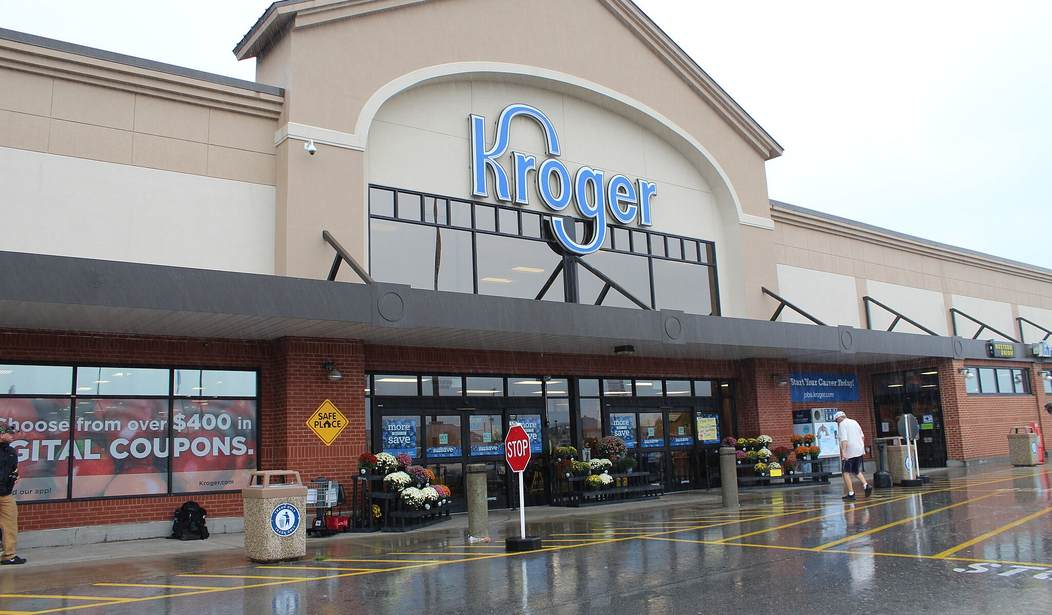There’s an argument that one can make that mergers between large companies quash competition. After all, with fewer options and fewer brands, consumers don’t have as many options to choose from.
At the same time, if a larger company can save customers money, it can be a good thing. Also, we can debate how much power the government should have in preventing mergers.
Kroger, one of the largest grocery store chains in the country, is looking to expand. In my hometown, Kroger is a little more expensive than some competitors, especially Walmart and Aldi, but its store brands are high-quality — Kroger brand peanut butter has always been my favorite. It also has sales that are hard to ignore.
In 2022, Kroger announced plans to buy Albertsons, another large competitor. The deal would merge the nation’s second and fourth-largest grocery chains while still leaving them miles behind Walmart, the top chain in the country. Naturally, the Federal Trade Commission (FTC) is trying to block the merger, and states are getting involved as well.
“The FTC and several states filed lawsuits to block the merger, arguing that it would lead to higher grocery prices for consumers while reducing the bargaining power of unionized workers in the industry,” reports Fox Business. These suits come even as both companies have pledged to lower prices and spin off some stores to a smaller company.
The antitrust trial began Monday, and Kroger’s attorney began by claiming that the merger would immediately lower prices for customers at Albertsons, where prices are already 10-12% higher than Kroger. Attorney Matthew Wolf said that the FTC and the suing states " neither understand the industry nor the parties within it” and added that the merger would increase competition rather than suppress it.
Axios reports that the trial could also hinge on what various parties consider competition:
Opening arguments suggested that the case could hinge, in part, on which retailers are considered key competitors to Kroger and Albertsons, Axios Pro reported.
- The FTC went narrow, including Walmart, Target, and traditional supermarket chains.
- Kroger went broader, adding Costco and nontraditional food retailers like dollar stores and pharmacies.
An attorney for Albertsons said that if the FTC blocks the merger, it won’t solve the company’s problems, which could do more damage to grocery competition than the two companies joining forces.
"It could mean layoffs, it could include closing stores, it may include exiting certain markets altogether,” said attorney Enu Mainigi. “And if somehow Albertsons does not succeed at those kinds of measures, the likelihood is it is a candidate for a sale to somebody else."
The suit is another example of the Biden-Harris administration’s big-government philosophy. U.S. District Judge Adrienne Nelson will rule whether the FTC’s legal arm can pause the merger to examine its potential effects.
“The FTC's suit represents a high-profile component of the Biden-Harris administration's efforts to lower prices for consumers, as well as FTC Chair Lina Khan's efforts to use antitrust law as a means of boosting wages and mobility for workers,” reports Fox Business.










Join the conversation as a VIP Member